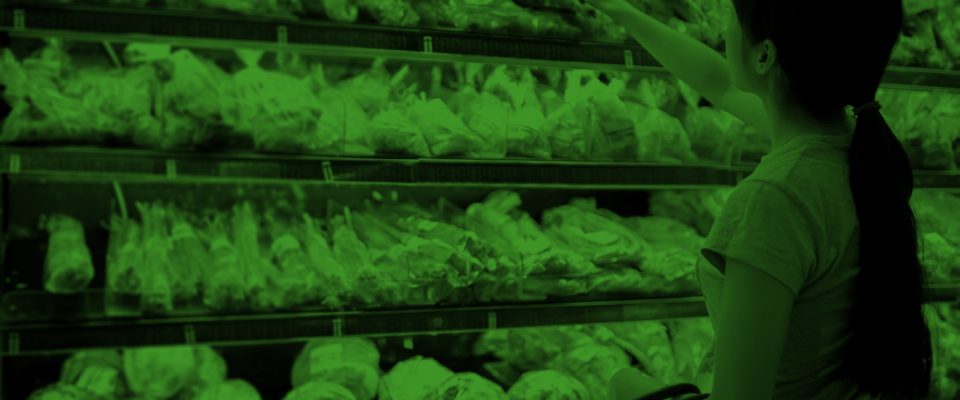Starbucks
Starbucks is an American coffee company and coffeehouse chain. It has over 30,000 locations in more than 75 countries and a brand portfolio extending beyond Starbucks coffee to include Teavana and Ethos Water, among others. Starbucks is known for its hot and iced coffee beverages and espressos. The company purchases its coffee beans from 65 countries around the world, sourcing mainly from Brazil, Colombia, El Salvador, Guatemala and other Latin American countries.
Segment ranking summary
Starbucks outperforms most of its peers in the food service segment. Apart from its commitments to greenhouse gas (GHG) emissions reduction, Starbucks also shows its responsibility towards sourcing its most relevant commodities, coffee and cocoa, achieving close to 100% sustainable sourcing practices – although it has an opportunity to improve in its palm oil and soya purchases. Given its position in the food system, the company lags behind in terms of nutrition and has an opportunity to improve the nutritional characteristics of its portfolio. In terms of social inclusion, the company has the power to improve the livelihoods of raw material suppliers and can improve its performance by tracking the impact of its various initiatives in this area. Overall, and like most of its peers in the food service segment, the company has an opportunity to improve disclosure across all benchmark measurement areas.
Leading practices
Risks and opportunities
Core social indicators
The core social indicators are part of the social inclusion measurement area. These indicators assess societal expectations of business conduct that companies should meet if they aspire to be part of a system transformation that leaves no one behind.
See results for
More about the company
- Headquarters
- Seattle, Washington, United States of America
- Food and agriculture revenue USD
- 31,256,000,000
- Group revenue USD
- 31,256,000,000
- Onwnership structure
- Publicly listed
- Number of employees
- 346,000
- Website
- https://www.starbucks.com
